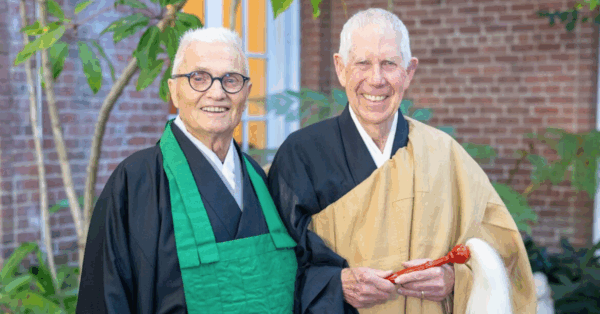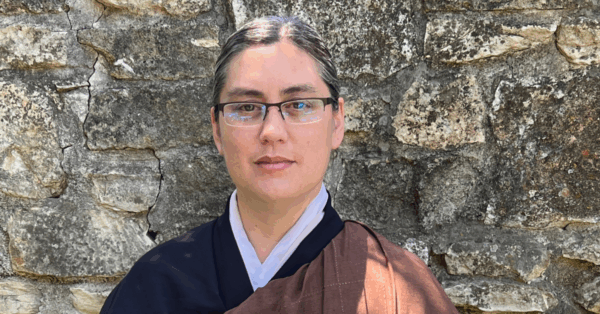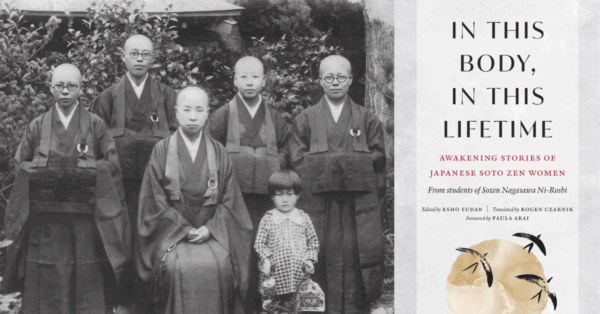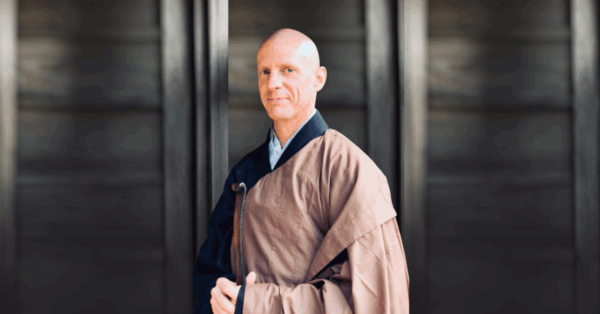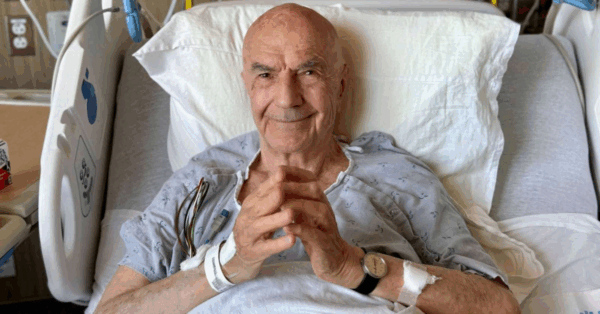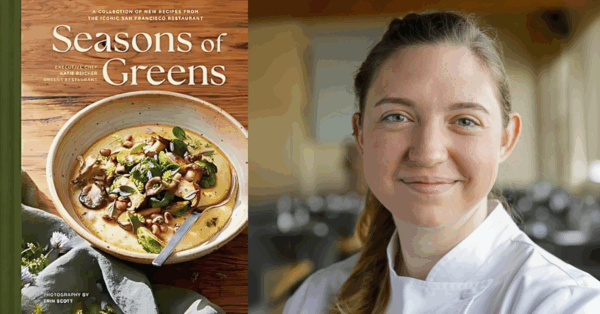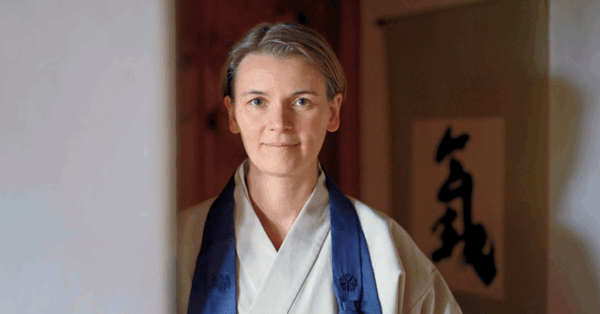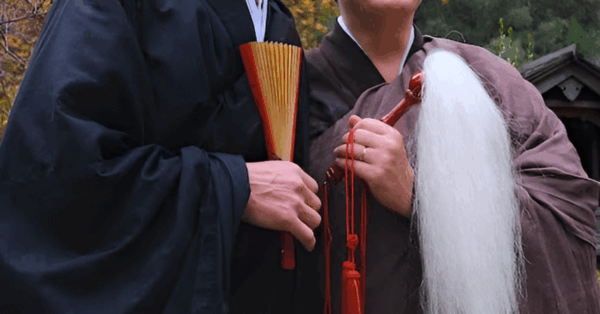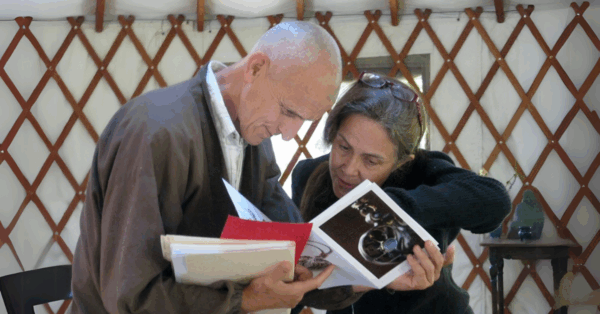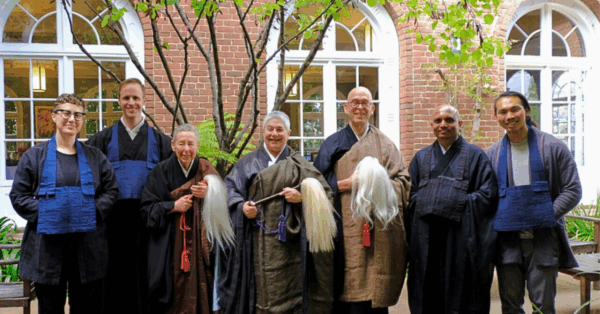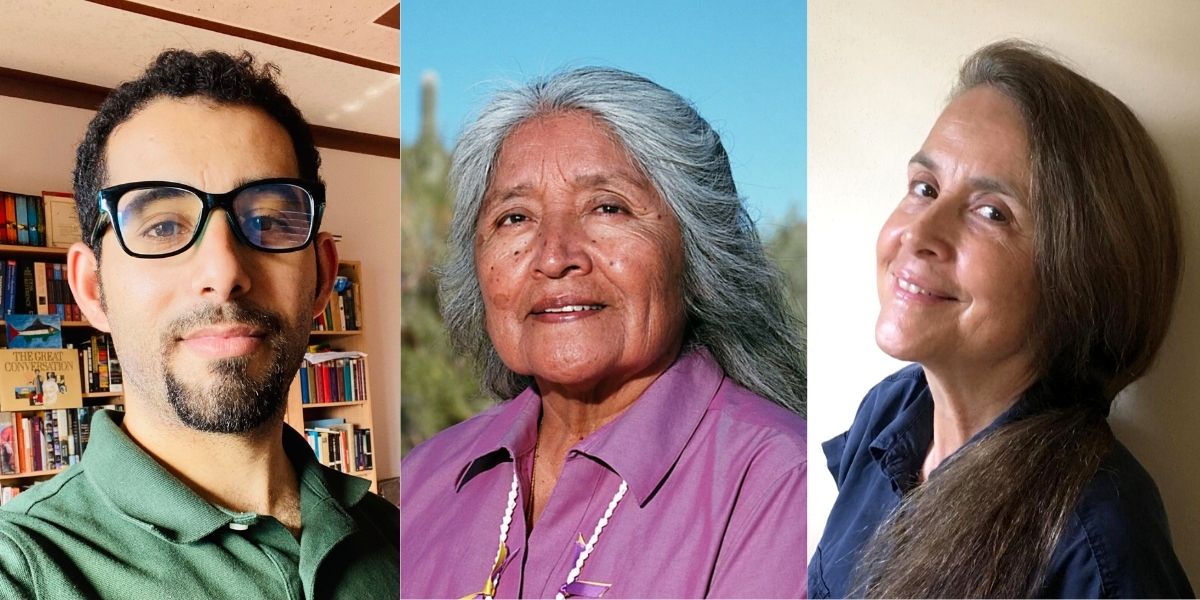
Naomi Shihab Nye, a long-time friend of San Francisco Zen Center, has co-led “Words Under the Words,” a poetry and Zen workshop, with Ryushin Paul Haller at Tassajara Zen Mountain Center for over fifteen years. Tova Green spoke with her about the “Dear Vaccine” project.
The Global Community Vaccine Poem project “invites all to share their voices to promote Covid-19 vaccination through the imaginative language of poetry.”
The idea originated with two long-time friends, David Hassler, director of the Wick Poetry Center at Kent State University, and Tyler Meier, director of the University of Arizona Poetry Center in Tucson. David and Tyler believe poetry belongs to everyone. Through their poetry centers they have created projects that encourage people to feel that poetry is a part of their lives, whether they are children, elders, or immigrants.
Soon after David and Tyler conceived of the Global Vaccine Poem they called poet and educator Naomi Shihab Nye to ask her to write the model poem, a poem that could inspire others to write. Naomi wrote the first of four stanzas while she was on that phone call:
Save us, dear vaccine.
Take us seriously.
We had plans.
We were going places
Children in kindergarten.
So many voices, in chorus.
Give us our world again.
Tiny gleaming vials,
enter our cities and towns
shining your light.
Restore us to each other.
David and Tyler posted the full version of Naomi’s poem on the Global Community Vaccine Poem website they had created and the three of them started sending out the link. Within a few weeks hundreds of people in the U.S. and other countries—from poet laureates and well-known singers to people writing their first poems—had contributed.
After David invited people to make videos of themselves reading their poems, Naomi wrote to the PBS-TV poetry editor, urging him to feature the Global Vaccine Poem project. Videos of several poets were shown on WKSU, a Northern Ohio PBS station. One is of Ofelia Zapeda, a member of the Tohono O’odham Nation; another is of Moseb Abu Toha from Gaza.
In San Antonio and other cities around the country, cards with stanzas of Naomi’s poem and space for people to write their own words were distributed to vaccination sites. During the fifteen-minute wait after receiving their vaccinations, people responded on the cards or cell phones. The idea was to promote a good feeling about getting vaccinated.
Naomi was invited into some classrooms in rural Arizona and Singapore to talk about the project. Children in Singapore asked, “Why would anyone not want to get a vaccine that benefits everyone they love?” One child in Singapore said to Naomi, who lives in Texas, “We are worried about you and your governor.” Naomi was surprised that the child knew who the governor of Texas is—she realized she knows nothing about government officials in Singapore.
The children in Arizona, who are too young to be vaccinated, wrote poems about their parents and grandparents. For example, about wanting their moms to be safe at the grocery store. Naomi hopes that having young people who are “gung ho” about the vaccine may influence their parents to get vaccinated.
Currently the Global Vaccine Poem project has had 2,300 responses from 116 countries and all of the states in the U.S. The website has had 20,000 visitors. Naomi encourages everyone to keep spreading the word about the project, which has three goals:
- To use poetry to help the general public make meaning out of the pandemic experience
- To support the vaccination effort through creating connection
- To create a durable archive of this moment and the pandemic experience
Many of the poems will be shared in a book to be published by Kent State University Press in February 2022.
“Poetry is a common language, an expressive language,” Naomi says. “It describes the everyday, shared human experience. Poetry connects everyone in every country.”
For David and Tyler the activity of the moment is for everyone to get vaccinated, to get bonded not only in illness, but in a hope for safety, to share a cure in the vaccine. Getting vaccinated is an expression of how much we care about each other.
What would you say to the Covid-19 vaccine? Add your voice to the Global Community Vaccine Poem project!


